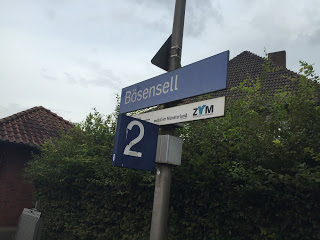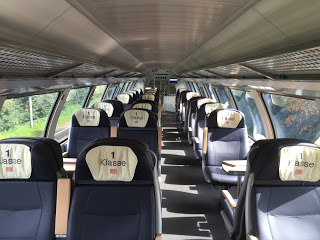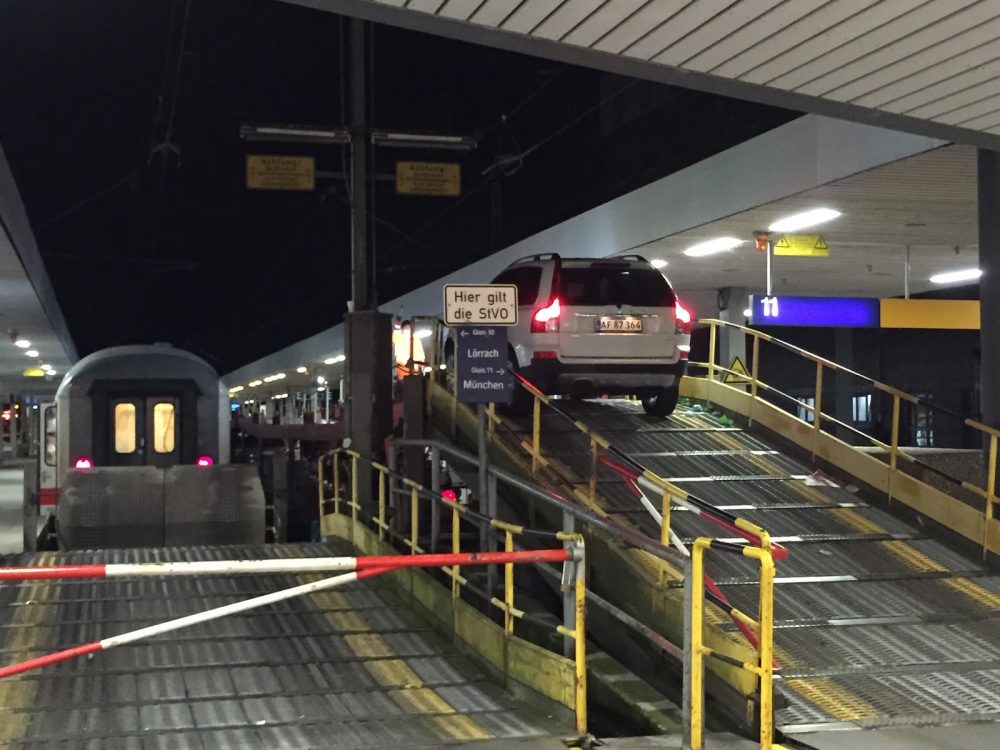European Trains; A brilliant way to travel
European Trains are a fine way to travel

I have, for the past ten days, been travelling in Europe to a tight schedule. Although nominally “retired”, but we shall explore that term at a later time, I have some interesting projects that require me to present myself at a variety of European locations within a relatively short time frame.
For this, I have chosen a Eurail Pass. These formerly simply accessories now require the patience of a saint to decipher, there being so many options; the options, of course, being (one feels) the reaction to so many “emerging” partners like Romania with whom Germany and France do not care to share the revenue on a simple, geographically proportionally basis.
Or, frankly, any other; I digress.
I love German trains; clean, efficient and quick, they epitomize travel in 21stand possibly the 22nd century, and have the ability to whizz one around the continent at a dizzying rate. However, it must be said, they don’t always work so well, and with the emotional spark of a lactose-intolerant stevedore, they are known to become sluggish.

Three trains out of three yesterday were late, and I don’t mean by two minutes. They were tardy by an hour or so, and each an independent journey. No need here to muddy the waters with obsolete references to railway-punctuality in bygone eras, but one wonders what happened and just who could get the trains moving on time.
Then, there are, astonishingly, trains in Germany and France that are designed to be slow. I was a touch confused as to the purpose of three lines of immobile traffic at the Hamburg Altona station.
Well, it turned out, by acute observation on my part, that they were lines for the overnight car-transporter trains to Lörrach, a town that nobody has ever heard of, but lies across the border with Switzerland from Basel.
One loads one’s car, one sleeps (perhaps) and one wakes up eleven hours (and three minutes, but I wouldn’t be too sure about that precision) to the south ready for a triangular chocolate bar.

It is brilliant; there are several of these “motorail” options in Europe, and I have often wondered why this option does not readily exist in Canada. To the extent that some years ago I wanted to partner with the Winnipeg-based forwarding company TransX to provide exactly this service; ship your car to Halifax and drive it back … a simple and potentially rewarding concept.
It went nowhere, but that was my fault, and like most great ideas it lurks somewhere in my imagination.
There are many reasons for train travel. It is convenient, it is ecologically sound. It is an opportunity to meet people and see the countryside, and a way to avoid the ignominy of airport security. Beyond all else, though it is the chance to eat a meal in a dining car and watch the world go by.
However, I digress. Germany is a large country. Not really large enough for a domestic train to take eleven hours without some pretty nifty signaling, but big enough that I shall fly to Munich tomorrow rather than enjoy the panoramic view of trees that line the railway track to the south.
I like train travel though; it clears one’s mind, it avoids all manner of bizarre and predatory “security features” that are so redolent of air travel today, and it offers the mind a fertile and evolving playing-field for the imagination to exercise.
And believe me, my mind needs space in which to operate.
